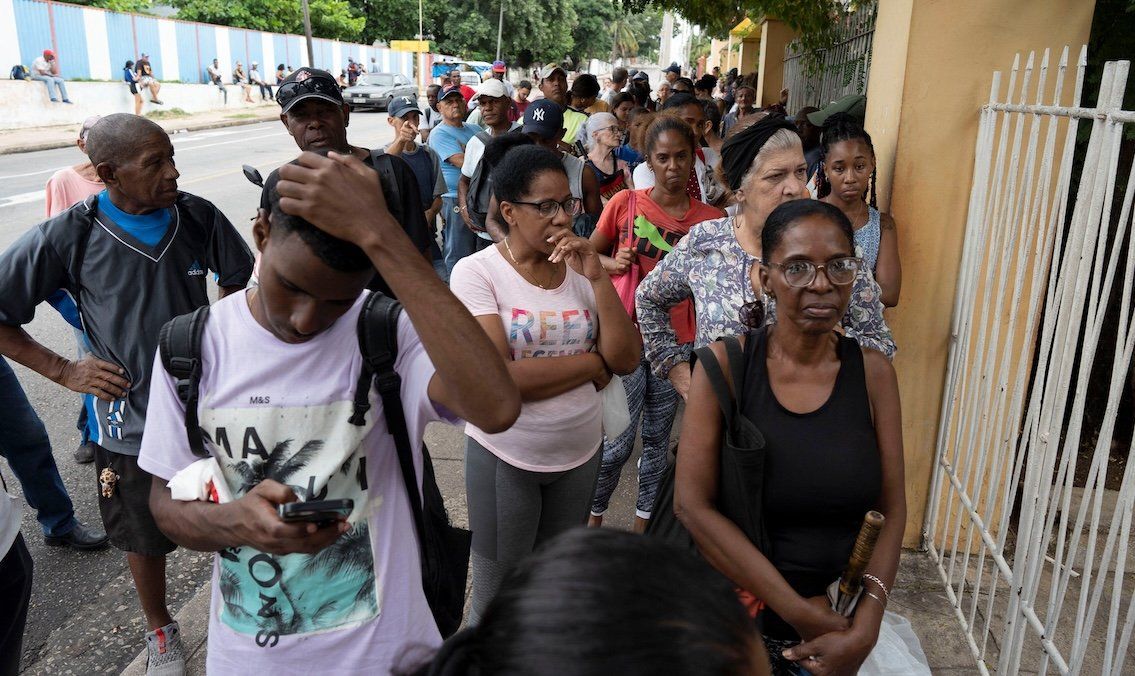Hard Numbers: Cuba battens down the hatches, Mexico’s judicial reform stands, Iran’s currency hits record low, Tsk tsk Pyongyang, Reckless raccoon
8: On Tuesday, Mexico’s Supreme Court dismissed a proposal to narrow the scope of a controversial reform plan that would require all judges in the country to stand for election. Seven of the 11 justices voted to limit the election requirement to Supreme Court justices, buteight votes were needed to water down the reform.
703,000: On Wednesday, Iran’s currency fell to an all-time low as news of Donald Trump’s victory in the US presidential election hit markets. The rial traded at703,000 to the dollar before a slight recovery later in the day.
2/3: Ten of the 15 current UN Security Council members condemned North Korea’s recent launch of an intercontinental ballistic missile and called on Pyongyang to return to negotiations. Ecuador, France, Japan, Malta, South Korea, Sierra Leone, Slovenia, Switzerland, and the United Kingdom supported a US statement of condemnation. Russia, China, Algeria, Mozambique, and Guyana refused.
8 billion: At the Marine Air Terminal at New York’s LaGuardia airport, a raccoon fell through the ceiling at a departure gate earlier this week, causing chaos. This smaller terminal was not part of the infamously ramshackle airport’s recent$8 billion upgrade.
